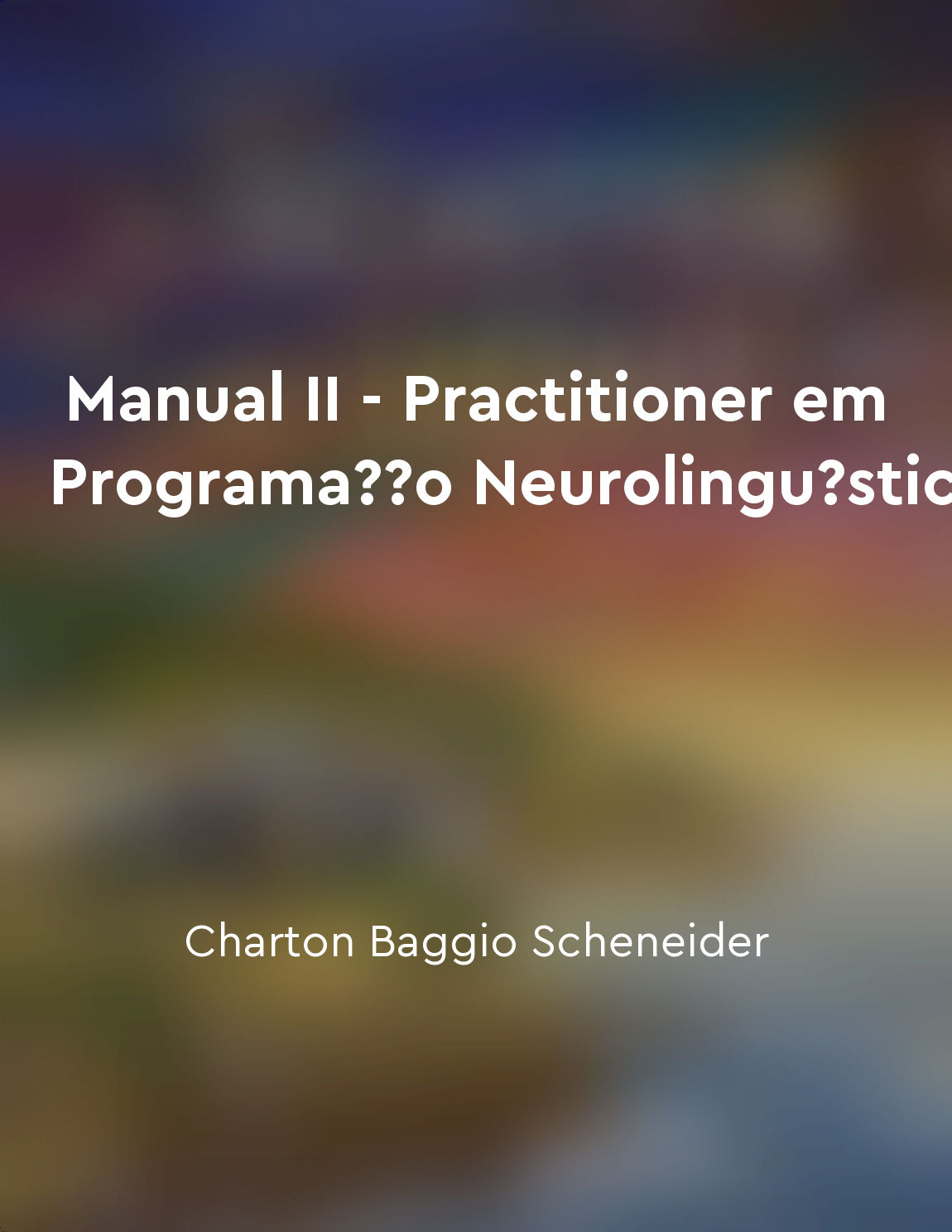Use positive language from "summary" of How to Stop Losing Your Sh*t with Your Kids by Carla Naumburg
Using positive language is a powerful tool in communicating with your children. Instead of focusing on what you don't want your child to do, try framing your requests in a positive way. For example, instead of saying, "Don't run in the house," you could say, "Please walk inside." This simple shift in language can make a big difference in how your child receives your message. Positive language helps to create a more supportive and encouraging environment for your child. When you use positive language, you are showing your child that you believe in their ability to make good choices. This can boost their self-esteem and confidence, leading to better behavior overall. It's important to be mindful of the words you use when speaking to your child. Negative language can be discouraging and may lead to power strugg...Similar Posts
Model positive behavior and attitudes
Modeling positive behavior and attitudes is a fundamental aspect of parenting that can have a significant impact on children. C...

The importance of sensory acuity in communication
The importance of sensory acuity in communication cannot be overstated. Sensory acuity refers to the ability to notice and inte...
Embrace boredom as an opportunity for creativity
In our fast-paced, technology-driven world, boredom has become somewhat of a taboo. Parents often feel the need to constantly k...

Focus on the good
In life, we are constantly bombarded with negativity. It seems that everywhere we turn, there is something or someone trying to...
Embrace imperfection and mistakes
It's okay to make mistakes. In fact, it's more than okay – it's necessary. Mistakes are a natural part of life, and they provid...

Building selfconfidence is crucial for personal growth
Developing self-confidence plays a vital role in our journey of personal growth. When we believe in ourselves and our abilities...
Encourage independence and selfcare habits
Encouraging independence and self-care habits in toddlers is a fundamental aspect of the Montessori philosophy. By allowing chi...

Learning is a complex process
Learning, as described in the book "The Languages of Learning" by Karen Gallas, is not a straightforward or linear activity. It...
Encouraging independence builds confidence
When children are encouraged to be independent, they gain a sense of accomplishment and self-worth. This can lead to increased ...
Meeting children's needs in their love language is important
When it comes to meeting children's needs, it is crucial to understand that each child has a unique love language. Just like ad...
